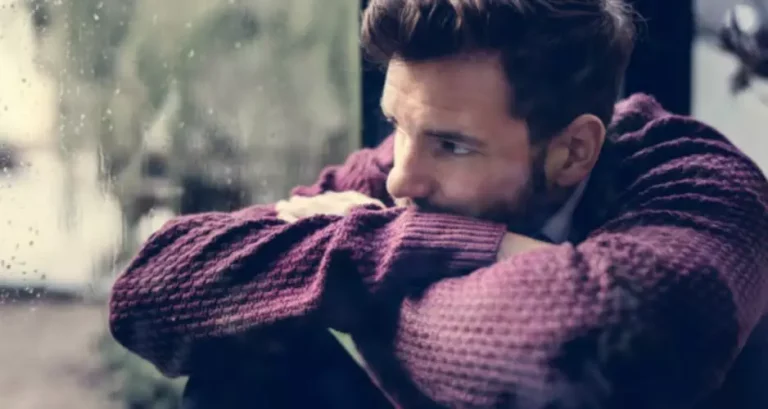If one family member has a mental health disorder, the likelihood of another family member having the same disorder rises. However, even though mental illness runs in families, there may be considerable variations in the presentation of symptoms among family members, as some may present with more mild or severe symptoms. Mental health disorders are one of the most common causes of disability in the United States and bear the largest disease burden of any category of health conditions. An estimated 54 million Americans live with a serious mental illness or mental health issues in any given year. Mental health disorders are common conditions, affecting an estimated 54 million Americans each year.
Anxiety attack symptoms
A way that alcohol inadvertently causes panic attacks is by robbing your body of high-quality sleep. During the height of my drinking days, I used to wake up to a racing heart and the most intense feelings of dread. The combined effect of all of this can lead to some serious anxiety symptoms later in the night or the day after drinking. If you drink chronically, this can increasingly become your natural state. This is why after a couple of drinks you might start to feel anxious or on edge. Drinking alcohol can make you feel good for a short while because it raises your levels of a feel-good hormone called serotonin.
How does psychotherapy treat anxiety disorders?
As you become intoxicated, alcohol can distort your senses, which may also contribute to the experience of psychosis. It alters chemical messengers and compounds like dopamine, serotonin, and beta-carbolines, which are essential to how your neurons work and communicate. Sour candy diverts attention from panic and anxiety does alcohol cause panic attacks by engaging the taste buds with intense flavor. “People can learn to be anxious in various situations,” says Jonathan Abramowitz, PhD, a professor of psychology at the University of North Carolina in Chapel Hill. Physical symptoms of GAD can include restlessness, difficulty concentrating and sleeping problems.
A primer on anxiety disorders
The toll that frequent alcohol use can have on your body can be severe but in some cases, the damage can be reversible. There’s also more of an effect on your brain and its development if you’re younger — one that can have a lasting impact. Hallucinations are incorrect sensory experiences, like seeing things that aren’t there or hearing voices when you’re alone. Delusions, conversely, are false beliefs that you stand firm in, even with ample evidence to the contrary.

- Alcohol and panic attacks go hand-in-hand for some people, where one can lead to the other.
- The relative abuse potential is suggested by the responses from the positive control on these measures in comparison to the test drug.
- Alcohol-induced anxiety can last for several hours, or even for an entire day after drinking.
- Cutting down on alcohol — or even quitting altogether — may help your anxiety get better.
- It has been reviewed by appropriate medical or clinical professionals and deemed accurate on the date of review.
How does Talkiatry compare to face-to-face treatment?

